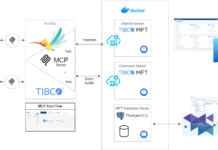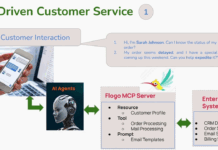
Between data being generated and that data being seen and understood by a human, a lot needs to happen. Standing in the way of the data’s destination are things like technology, access, and politics. In a breakout session at TIBCO NOW, former Gartner researcher and founder of Dresner Advisory Services, Howard Dresner, explained the concept of an information democracy. Essentially, it’s an organization that allows information to go where it needs to go. The notion is simple enough, but executing it requires breaking down silos both technical and political.
Dresner explains how technologies like embedded BI, collaborative BI, mobility, and cloud can go a long way towards generating data and making it accessible, but the human factor often stands in the way. As difficult as it can be to implement new technologies, it is much harder to implement new ways of thinking.
For an information democracy to truly work, you need more than the right tech. Participants need to be knowledgeable, collaborative, and transparent. As Dresner puts it, “planes don’t fly themselves.” Too many organizations invest in ways to share information, only to find that no one wants to use it. Users don’t just need to receive and understand the data, they need to trust it. Furthermore, they need to share it, and that can be the hardest part. If I know something that you don’t, I might look better to the people in charge. Maybe some information I have will make a project more successful, but make my own job harder. There are endless scenarios in which an individual will put their own interests above the company’s, and they all stand in the way of achieving an information democracy.
To achieve the dream of everyone having access to information when and where they need it, you need the right combination of technology. However, just as important are the people using it.





